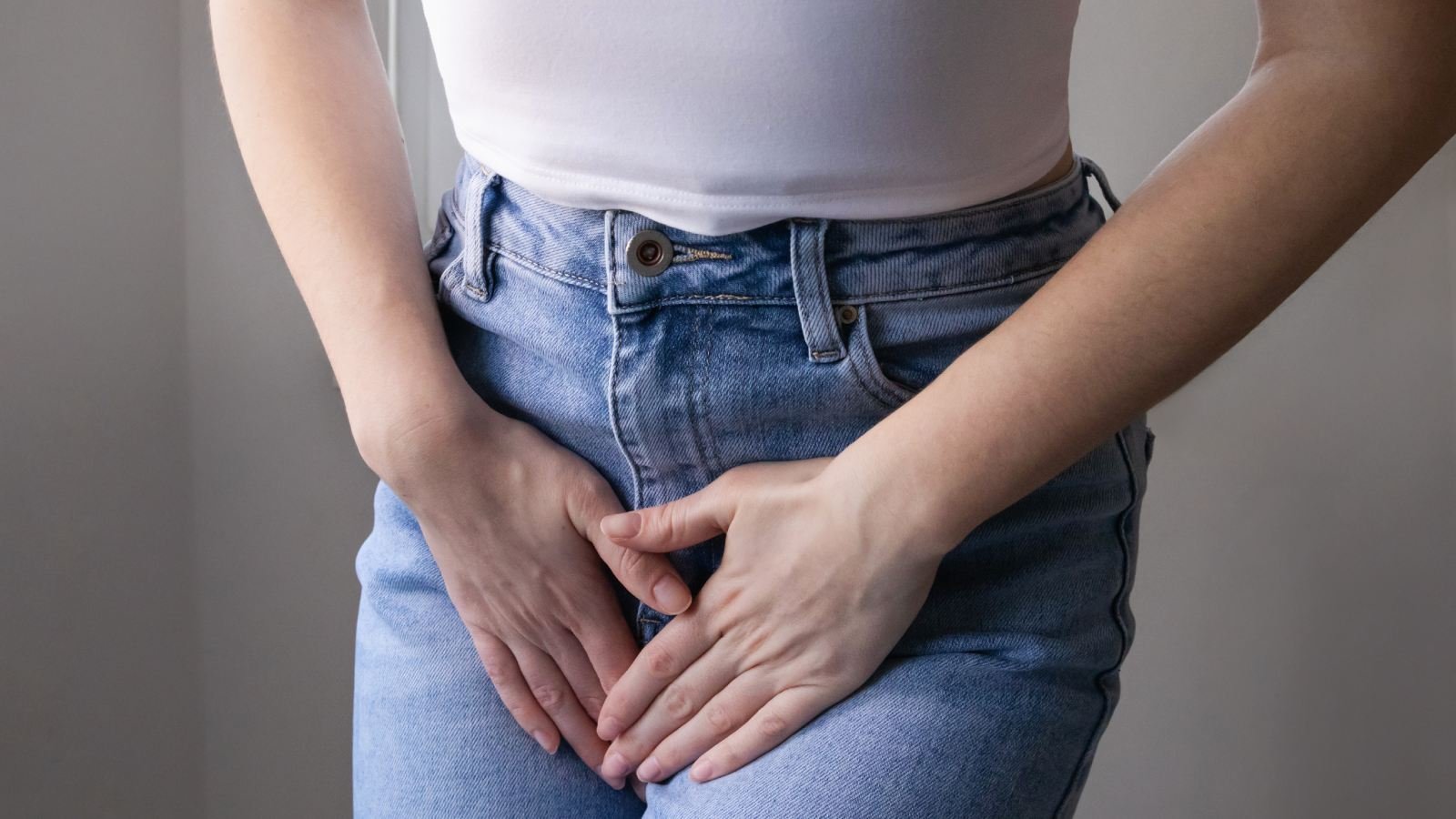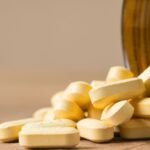If you are dealing with vaginal dryness, there is no need to be embarrassed about. Here’s how to increase vaginal lubrication naturally with simple changes to your diet, lifestyle, and daily routine.
Vaginal dryness is a common yet often overlooked issue that many women face at different stages of life. It can lead to discomfort, itching, irritation, and even pain during intimacy, affecting both physical and emotional well-being. Despite how common it is, the topic is still surrounded by silence and stigma, leaving many unsure of why it happens or how to manage it. The truth is, vaginal dryness can be caused by a range of factors, including hormonal changes, medications, stress, lifestyle habits, and even dehydration. However, it is manageable. From minor dietary changes to healthier lifestyle choices and simple self-care tips, learning how to increase vaginal lubrication is simple.
For World Sexual Health Day, Health Shots spoke to Dr Chetna Jain, an infertility expert and gynecologist, to understand what causes vaginal dryness and how to increase vaginal lubrication naturally.
What causes vaginal dryness?
Vaginal dryness is more common than you might think, and it can happen at any stage of life. It is important to know that it is not a sign of something being wrong with you, it is simply your body reacting to internal or external changes. Here are some of the key causes:
1. Hormonal changes
One of the most common reasons is a drop in estrogen levels. This typically happens during menopause, after childbirth, while breastfeeding, or even during perimenopause. “When estrogen dips, the vaginal tissues may become thinner and produce less lubrication,” says Dr Jain.

2. Medications
Some medications can cause dryness as a side effect. These include antidepressants, antihistamines, and certain types of birth control. If you have noticed changes after starting a new medication, this could be the reason.
3. Stress and anxiety
Your emotional state has a big impact on your body. Stress and anxiety can affect the brain’s arousal signals, which in turn reduces your natural lubrication response.
4. Lifestyle factors
Everyday habits also play a role. Smoking, dehydration, and excessive alcohol intake can all contribute to vaginal dryness. Even things like not drinking enough water throughout the day can make a difference.
5. Underlying medical conditions
Health issues such as diabetes, autoimmune disorders, or infections can interfere with vaginal moisture and overall vaginal health.
How to increase vaginal lubrication naturally?
Vaginal dryness can be managed and improved with the right approach. Here are 3 effective ways to learn how to increase vaginal lubrication:
1. Make simple dietary shifts
Food has a strong influence on our health, and vaginal health is no exception. Make sure your diet contains these foods:
- Omega-3-rich foods: Flaxseeds, walnuts, and fatty fish help improve blood circulation, which supports healthy vaginal tissues.
- Vitamin E sources: Almonds, sunflower seeds, and spinach are packed with vitamin E, which helps keep mucous membranes (like the vaginal lining) hydrated. In fact, a 2023 study published in the African Journal of Urology found that vitamin E vaginal cream significantly improved symptoms of vaginal atrophy in postmenopausal women.
- Soy products: Foods like tofu, soy milk, and edamame contain phytoestrogens, plant-based compounds that mimic estrogen in the body, helping to support natural lubrication.
- Hydrating fruits and vegetables: Watermelon, oranges, cucumber, and other juicy fruits help keep the entire body, including vaginal tissues, hydrated.

2. Adopt healthy lifestyle habits
Your everyday habits influence everything from hormones to vaginal health. Here’s how to improve your lifestyle to increase vaginal lubrication:
- Drink more water: It sounds basic, but staying well-hydrated is one of the easiest ways to support your body’s natural lubrication. Carry a bottle with you and sip throughout the day.
- Manage stress: Regular yoga, meditation, or even simple breathing exercises can help calm the nervous system and improve your body’s response to arousal signals.
- Quit smoking: Smoking restricts blood flow and damages blood vessels, which negatively impacts the health of vaginal tissues.
- Exercise regularly: “Even light movement, such as walking or stretching, helps boost blood circulation and support hormonal balance, playing a key role in how to increase vaginal lubrication,” suggests Dr Jain.
- Avoid harsh products: Steer clear of scented soaps, douches, and perfumed hygiene products, which can dry out the delicate skin in the vaginal area.
3. Other tips
When vaginal dryness is already an issue, these small steps can provide comfort and relief:
- Natural lubricants: Using aloe vera gel or coconut oil (provided you are not allergic) are gentle, natural options for temporary relief.
- Vaginal moisturizers: Over-the-counter moisturizers made specifically for vaginal dryness can be used regularly, not just during sex, to help maintain moisture.
- Consult a doctor: If the dryness is persistent or linked to menopause, talk to a gynecologist. Options like estrogen creams or hormone replacement therapy may be recommended, depending on your needs.
These tips on how to increase vaginal lubrication can help you get rid of dryness down there!
Related FAQs
What is vaginal lubrication and why is it important?
Vaginal lubrication is the natural moisture produced by the body to keep the vaginal tissues healthy and reduce friction during intimacy. It helps prevent discomfort, irritation, and infections, and plays a key role in overall sexual wellness.
What causes lack of wetness?
Vaginal dryness can be caused by hormonal changes (like menopause, postpartum, or breastfeeding), certain medications, stress, dehydration, lifestyle factors like smoking or poor diet, and some medical conditions such as diabetes or autoimmune disorders.
Is vaginal dryness a sign of any serious health problem?
Usually, vaginal dryness is related to hormonal changes or lifestyle factors and is not serious. However, persistent dryness could sometimes signal infections or underlying health conditions, so it is best to consult a healthcare professional if symptoms continue.
Can stress or anxiety affect vaginal lubrication?
Yes, stress and anxiety can interfere with your body’s natural arousal response, reducing lubrication. Practicing stress-relieving activities like yoga, meditation, or deep breathing can help.








